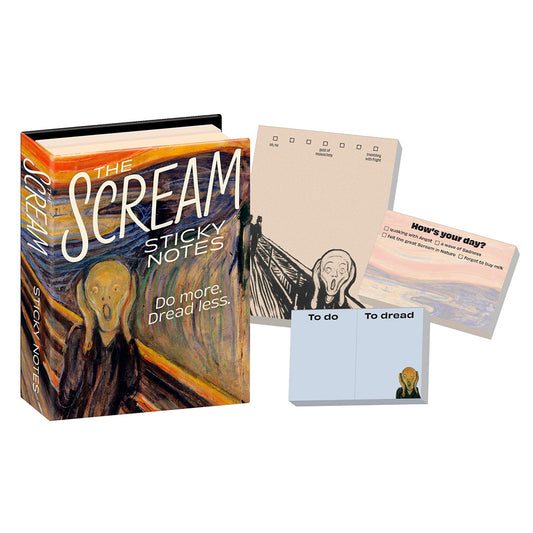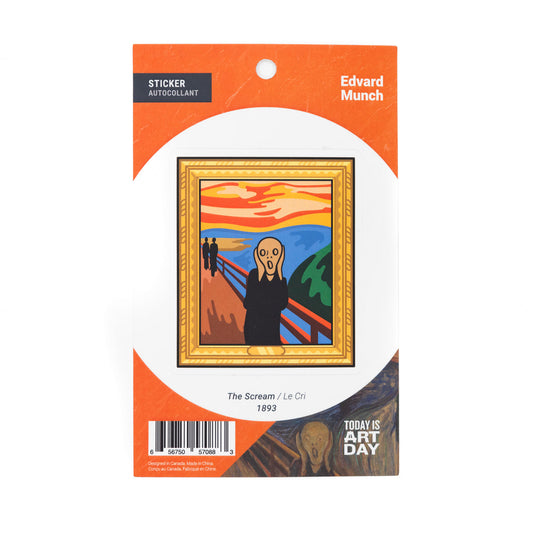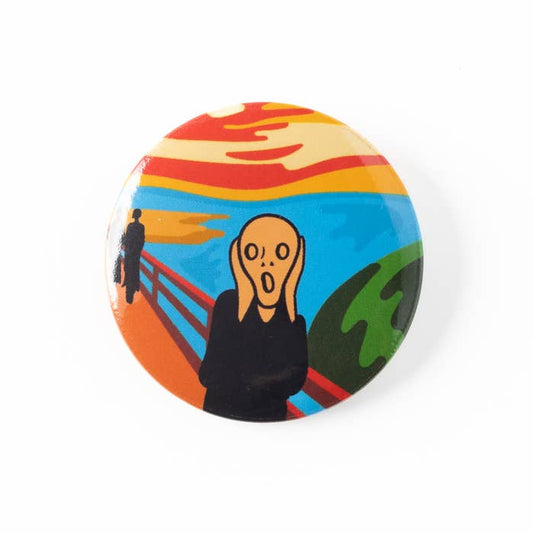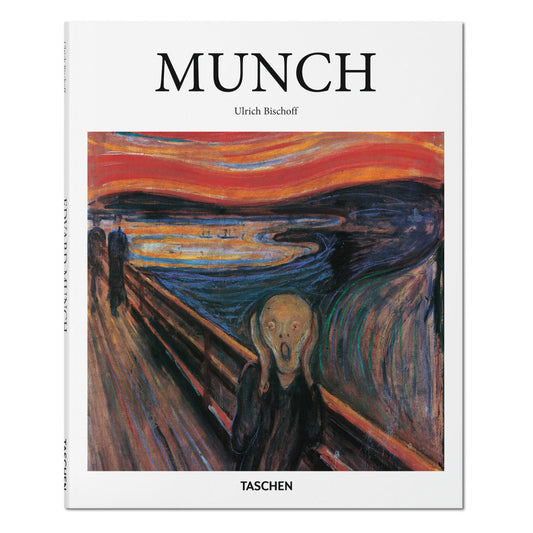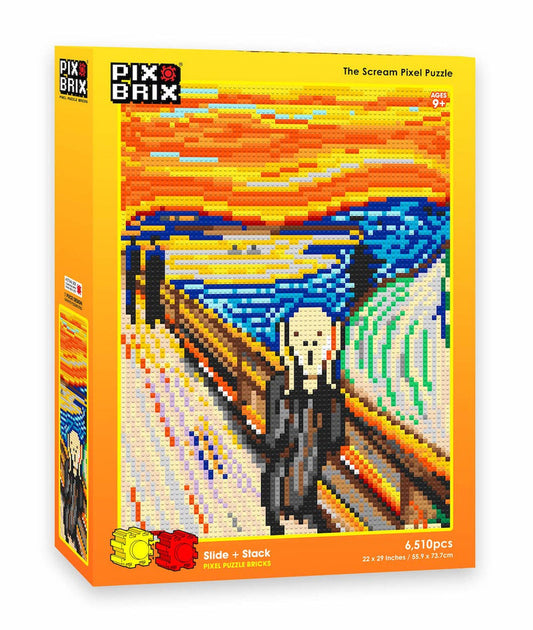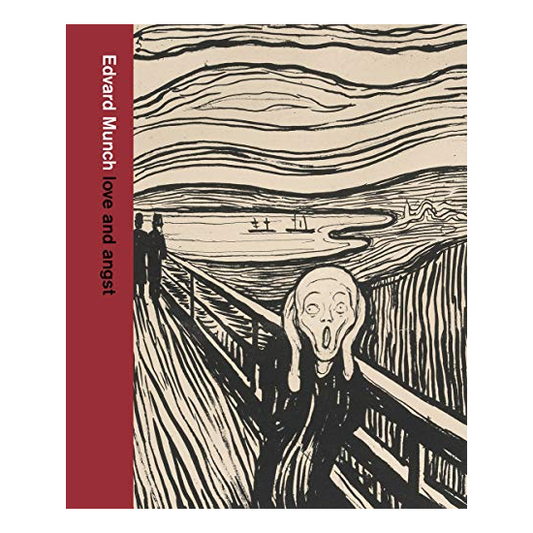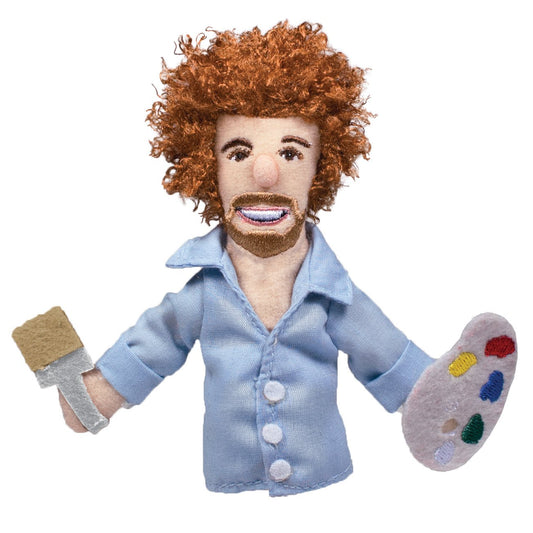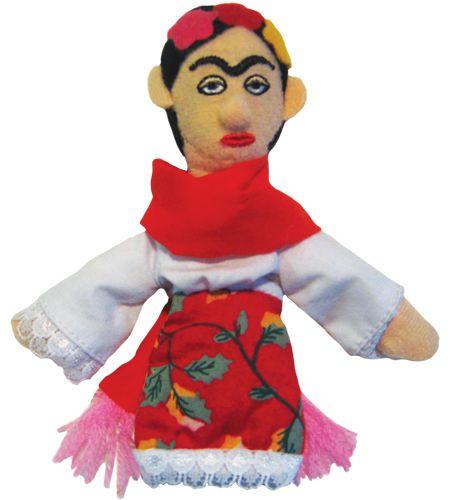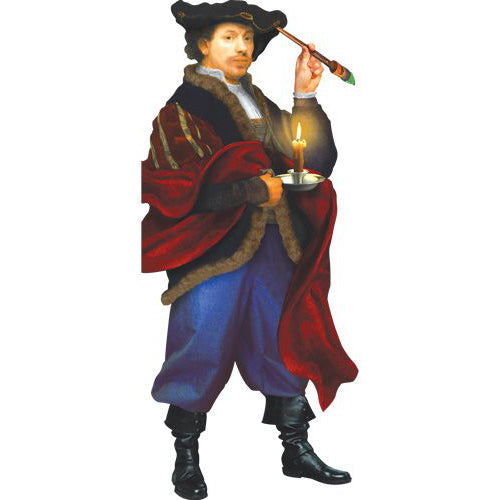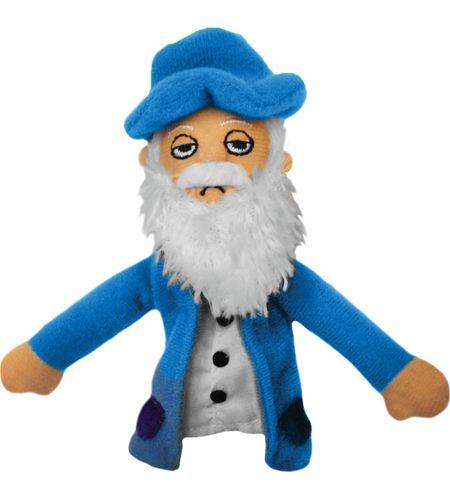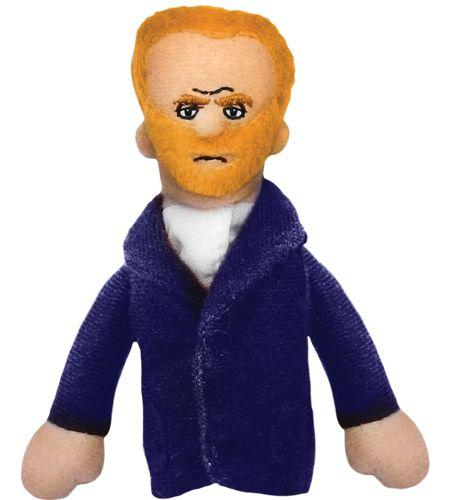Tarjeta de notas troquelada "El grito" de Edvard Munch
Tarjeta de notas troquelada "El grito" de Edvard Munch
The Unemployed Philosopher's Guild
Agotado
No se pudo cargar la disponibilidad de retiro
- Incluye sobre y hoja de pegatinas.
Product Details
Product Details
- Product type: Blank Note Card
- Shipping Dimensions: 8.75 × 4.0 (22.2 × 10.2 cm)
- Shipping Weight: 0.13 lb (2.0 oz; 57 g)
- SKU: SKU: SKU010002636
- UPC: 814229003304
Share



About the
Edvard Munch
Edvard Munch (1863–1944) was born in Løten, Norway, and studied design and art in Oslo. In May of 1885 he traveled to Paris on a scholarship, and after the deaths of his sister and father the following year, he began to spend most of his time in France. His painting first achieved fame with an 1892 exhibition in Berlin, which also led directly to his influence upon the German Expressionists. Despite struggles with alcohol and mental health, Munch lived to the age of 80.
More Edvard Munch
-
Lenticular Postcard: Munch (The Scream)
Precio habitual £2.47 GBPPrecio habitualPrecio unitario / por -
Imán esmaltado: El grito de Munch
Precio habitual £9.07 GBPPrecio habitualPrecio unitario / por -
Edvard Munch's The Scream Sticky Notes
Precio habitual £7.55 GBPPrecio habitualPrecio unitario / por -
Lenticular Postcard: Munch (The Scream)
Precio habitual £2.47 GBPPrecio habitualPrecio unitario / por -
Botón de arte: "El nacimiento de Venus" de Botticelli
Precio habitual £3.03 GBPPrecio habitualPrecio unitario / por -
Botón de arte: "El grito" de Munch
Precio habitual £1.52 GBPPrecio habitualPrecio unitario / por -
Juego Pix Brix de La gran ola de Kanagawa de Hokusai
Precio habitual £68.27 GBPPrecio habitualPrecio unitario / por -
Edvard Munch: Amor y angustia
Precio habitual £37.90 GBPPrecio habitualPrecio unitario / por -
Munch y el expresionismo
Precio habitual £45.52 GBPPrecio habitualPrecio unitario / por

About the Brand
The Unemployed Philosopher's Guild
The origins of the Unemployed Philosophers Guild are shrouded in mystery. Some accounts trace the Guild's birth to Athens in the latter half of the 4th century BCE. Allegedly, several lesser philosophers grew weary of the endless Socratic dialogue endemic in their trade and turned to crafting household implements and playthings. (Hence the assertions that Socrates quaffed his hemlock poison from a Guild-designed chalice, though vigorous debate surrounds the question of whether it was a "disappearing" chalice.)
Others argue that the UPG dates from the High Middle Ages, when the Philosophers Guild entered the world of commerce by selling bawdy pamphlets to pilgrims facing long lines for the restroom. Business boomed until 1211 when Pope Innocent III condemned the publications. Not surprisingly, this led to increased sales, even as half our membership was burned at the stake.
More recently, revisionist historians have pinpointed the birth of the Guild to the time it was still cool to live in New York City's Lower East Side. Two brothers turned their inner creativity and love of paying rent towards fulfilling the people's needs for finger puppets, warm slippers, coffee cups, and cracking up at stuff.
Most of the proceeds go to unemployed philosophers (and their associates). A portion also goes to some groups working on profound causes.
-
Museum Store Association Member
The Museum Store Association supports the cultural non-profit retail industry and the people who work in it.
-
Supports Non-profit Organizations
A portion of proceeds is donated to non-profit organizations. See description for details.
-
Designed in USA
Designed in the USA, with global manufacturing or assembly.
More from The Unemployed Philosopher's Guild
-
Marioneta de dedo magnética de Bob Ross
Precio habitual £6.79 GBPPrecio habitualPrecio unitario / por -
Marioneta de dedo magnética Frida Kahlo
Precio habitual £6.79 GBPPrecio habitualPrecio unitario / por -
Copa de Arte Moderno
Precio habitual £15.14 GBPPrecio habitualPrecio unitario / por -
Frida Dreams Mug
Precio habitual £15.14 GBPPrecio habitualPrecio unitario / por -
Diego Rivera Magnetic Finger Puppet
Precio habitual £6.79 GBPPrecio habitualPrecio unitario / por -
James Baldwin "Little Thinker" Plush Doll
Precio habitual £18.21 GBPPrecio habitualPrecio unitario / por -
Tarjeta de notas troquelada de Rembrandt con pegatinas
Precio habitual £3.00 GBPPrecio habitualPrecio unitario / por -
Marioneta de dedo magnética de Claude Monet
Precio habitual £6.79 GBPPrecio habitualPrecio unitario / por -
Marioneta de dedo magnética de James Baldwin
Precio habitual £6.79 GBPPrecio habitualPrecio unitario / por -
Marioneta de dedo magnética de Vincent van Gogh
Precio habitual £6.79 GBPPrecio habitualPrecio unitario / por





